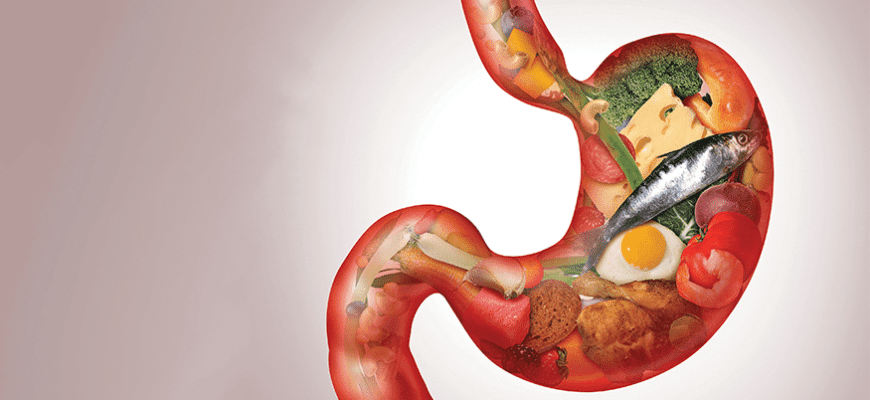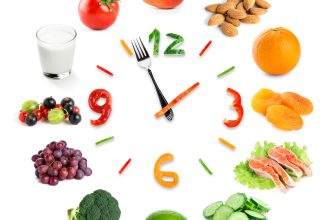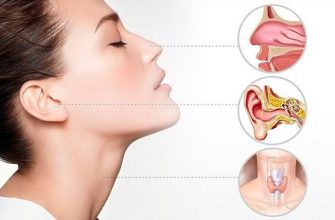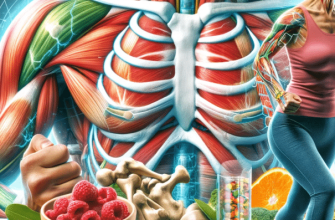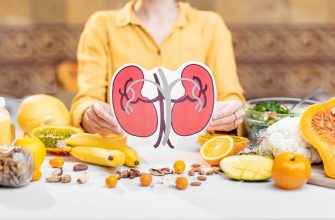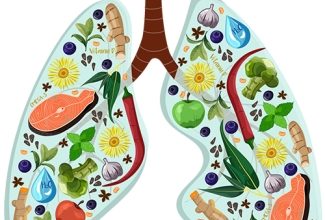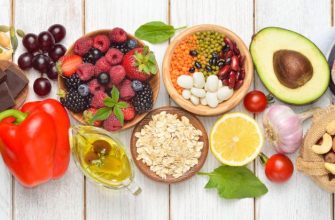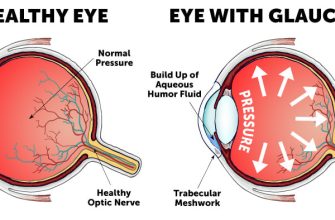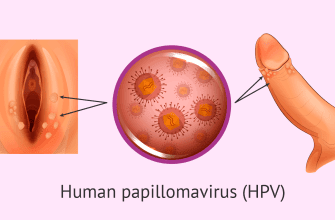Proper nutrition is crucial for managing GI disorders, as it helps reduce symptoms, promote healing, and prevent complications. Dietary needs vary based on the specific condition.
- General Dietary Guidelines for GI Diseases
- 1. Fiber Intake (Condition-Dependent)
- 2. Hydration & Electrolytes
- 3. Probiotics & Prebiotics
- 4. Low-FODMAP Diet (For IBS, SIBO)
- 5. Small, Frequent Meals
- Nutrition for Specific GI Conditions
- 1. GERD (Gastroesophageal Reflux Disease)
- 2. IBS (Irritable Bowel Syndrome)
- 3. IBD (Crohn’s Disease, Ulcerative Colitis)
- 4. Celiac Disease (Gluten Intolerance)
- 5. Gastritis/Stomach Ulcers
- 6. Diverticulitis
- 7. Chronic Pancreatitis
- 8. SIBO (Small Intestinal Bacterial Overgrowth)
- Foods to Avoid in Most GI Disorders
- Key Supplements for GI Health
- When to See a Dietitian?
- Prognosis
General Dietary Guidelines for GI Diseases
Goals:
✔ Reduce inflammation
✔ Promote digestion & nutrient absorption
✔ Prevent flare-ups
✔ Maintain hydration & electrolyte balance
1. Fiber Intake (Condition-Dependent)
- Soluble Fiber (good for diarrhea, IBS, diverticulitis)
- Oats, bananas, applesauce, peeled potatoes
- Insoluble Fiber (caution in IBD/flares, but helps constipation)
- Whole grains, raw veggies, nuts (avoid during active inflammation)
2. Hydration & Electrolytes
- Oral rehydration solutions (for diarrhea/vomiting)
- Bone broth (easy to digest, provides minerals)
3. Probiotics & Prebiotics
- Probiotics (yogurt, kefir, kimchi) – Help restore gut flora
- Prebiotics (garlic, onions, asparagus) – Feed good bacteria (avoid in SIBO)
4. Low-FODMAP Diet (For IBS, SIBO)
- Avoid fermentable carbs (onions, garlic, beans, lactose)
5. Small, Frequent Meals
- Eases digestion (especially for gastroparesis, GERD)
Nutrition for Specific GI Conditions
1. GERD (Gastroesophageal Reflux Disease)
Avoid:
- Spicy, acidic foods (citrus, tomatoes)
- Caffeine, alcohol, chocolate
- Fatty/fried foods (slow digestion)
Recommended: - Lean proteins (chicken, fish)
- Non-citrus fruits (bananas, melons)
- Oatmeal, ginger tea
2. IBS (Irritable Bowel Syndrome)
- Low-FODMAP diet (reduces bloating, gas)
- Soluble fiber (psyllium husk) for IBS-C
- Peppermint oil (for cramping)
3. IBD (Crohn’s Disease, Ulcerative Colitis)
During Flares:
- Low-residue diet (white rice, boiled potatoes, lean meats)
- Avoid raw veggies, seeds, dairy (if intolerant)
Remission: - Gradually reintroduce fiber, probiotics
4. Celiac Disease (Gluten Intolerance)
- Strict gluten-free diet (no wheat, barley, rye)
- Focus on quinoa, rice, gluten-free oats
5. Gastritis/Stomach Ulcers
- Avoid alcohol, NSAIDs, spicy foods
- Eat bland foods (bananas, rice, toast)
- Probiotics (help combat H. pylori)
6. Diverticulitis
During Flare:
- Clear liquids → low-fiber → gradual fiber increase
Prevention: - High-fiber diet (when not inflamed)
7. Chronic Pancreatitis
- Low-fat diet (to reduce enzyme demand)
- Medium-chain triglycerides (MCT oil) for fat absorption
- Pancreatic enzyme supplements
8. SIBO (Small Intestinal Bacterial Overgrowth)
- Low-FODMAP + low-carb diet
- Avoid probiotics initially (may worsen symptoms)
Foods to Avoid in Most GI Disorders
❌ Spicy, fried, or fatty foods
❌ Alcohol & caffeine
❌ Carbonated drinks (bloating)
❌ Artificial sweeteners (sorbitol, mannitol – cause diarrhea)
❌ Dairy (if lactose intolerant)
Key Supplements for GI Health
- Digestive enzymes (for pancreatic insufficiency)
- L-glutamine (gut lining repair – helpful for leaky gut)
- Omega-3s (reduce inflammation in IBD)
- Vitamin D (often deficient in celiac/IBD)
- Iron & B12 (if malabsorption/anemia present)
When to See a Dietitian?
- Unintentional weight loss
- Severe nutrient deficiencies
- Need for personalized meal plans (e.g., IBD, celiac)
Prognosis
- Many GI diseases improve with diet modifications (e.g., GERD, IBS).
- Chronic conditions (IBD, celiac) require lifelong dietary management.
